World History and the Mysteries In the Light of Anthroposophy
9 lectures, Dornach, Dec. 23, 1923 – Jan. 1, 1924 (GA 233)
In this landmark series of lectures, Rudolf Steiner challenges the notion that human consciousness has in essence remained the same throughout history. On the contrary, we can only see the past in its true light when we study the differences in human souls during the various historical eras. Consciousness, he says, evolves constantly and we can only comprehend the present by understanding its origin in the past.
Delivered in the evenings during the course of the “mystery act” of The Christmas Foundation Meeting—when Rudolf Steiner reestablished the Anthroposophical Society and for the first time assumed a formal role within it—these lectures study world history in parallel with the ancient mysteries of initiation, showing how they are intimately linked. Steiner describes consciousness in the ancient East and follows the initiation principle from Babylonia to Greece and its influences on present-day spiritual life. He also discusses Gilgamesh and Eabani, the mysteries of Ephesus and Hibernia, and the occult relationship between the destruction by fire of the Temple of Artemis and the burning of the first Goetheanum in Dornach, Switzerland.
Published for the first time with color plates of Steiner’s blackboard drawings, the freshly revised text is complemented with an introduction, notes, and appendices by Professor Frederick Amrine, plus an index.
This volume is a translation from German of Die Weltgeschichte in anthroposophischer Beleuchtung und als Grundlage der Erkenntnis des Menschengeistes (GA 233).
A prevous edition of these lectures was published as World History in the Light of Anthroposophy (1977).
C O N T E N T S:
Introduction by Frederick Amrine
1. Dornach, Dec. 24, 1923
The development of memory in the course of human evolution
2. Dornach, Dec. 25, 1923
Ancient oriental experience of the world
3. Dornach, Dec. 26, 1923
Gilgamesh and Eabani—The Mysteries of Ephesus
4. Dornach, Dec. 27, 1923
The Hibernian Mysteries and the Mysteries of the Logos of Artemis at Ephesus
5. Dornach, Dec. 28, 1923
The conception of nature and spirit in nature of the oriental mysteries and its shadow image in the Greek civilization
6. Dornach, Dec. 29, 1923
The time between the burning of the Temple of Artemis and the death of Julian the Apostate—the working of Aristotelianism up to the spiritual revelations in the last third of the nineteenth century
7. Dornach, Dec. 30, 1923
The losing of insight into the relationships between humans and the universe in modern times
8. Dornach, Dec. 31, 1923
The jealousy of the gods and human jealousy—the burning of the Temple of Artemis and the burning of the Goetheanum
9. Dornach, Jan. 1, 1924
The right entry into the spiritual world—the responsibility incumbent on us
APPENDICES:
1. The evolution of consciousness
2. Representation
3. The hierarchies
4. Cosmic evolution
5. The etheric and the astral bodies
6. Ahriman and Lucifer
7. Ita Wegman
Notes
Rudolf Steiner’s Collected Works
Significant Events in the Life of Rudolf Steiner
Index
About the Author
Rudolf Steiner (1861–1925) was born in the small village of Kraljevec, Austro-Hungarian Empire (now in Croatia), where he grew up (see right). As a young man, he lived in Weimar and Berlin, where he became a well-published scientific, literary, and philosophical scholar, known especially for his work with Goethe’s scientific writings. At the beginning of the twentieth century, he began to develop his early philosophical principles into an approach to systematic research into psychological and spiritual phenomena. Formally beginning his spiritual teaching career under the auspices of the Theosophical Society, Steiner came to use the term Anthroposophy (and spiritual science) for his philosophy, spiritual research, and findings. The influence of Steiner’s multifaceted genius has led to innovative and holistic approaches in medicine, various therapies, philosophy, religious renewal, Waldorf education, education for special needs, threefold economics, biodynamic agriculture, Goethean science, architecture, and the arts of drama, speech, and eurythmy. In 1924, Rudolf Steiner founded the General Anthroposophical Society, which today has branches throughout the world. He died in Dornach, Switzerland.
Frederick Amrine is associate professor of German at the University of Michigan. He holds advanced degrees from Cambridge University and Harvard. His publications include Goethe and the Sciences: A Reappraisal, The Bildungsroman, and Literature and Science as Modes of Expression. He has translated several works by Rudolf Steiner.
George Adams (1894-1963)was born in Poland and received an honors degree in Chemistry from Cambridge University. He was a close student of Rudolf Steiner, and translated many of his lectures given to English-speaking audiences. Being a Jew, when Hitler rose to power he changed his name from Kaufmann to Adams and left Germany for England, where he continued his anthroposophic activities and scientific research. In 1935, Olive Whicher joined Adams in London and worked with him in research into mathematics and physics until his death in 1963. He translated and published numerous books, lectures, and articles.

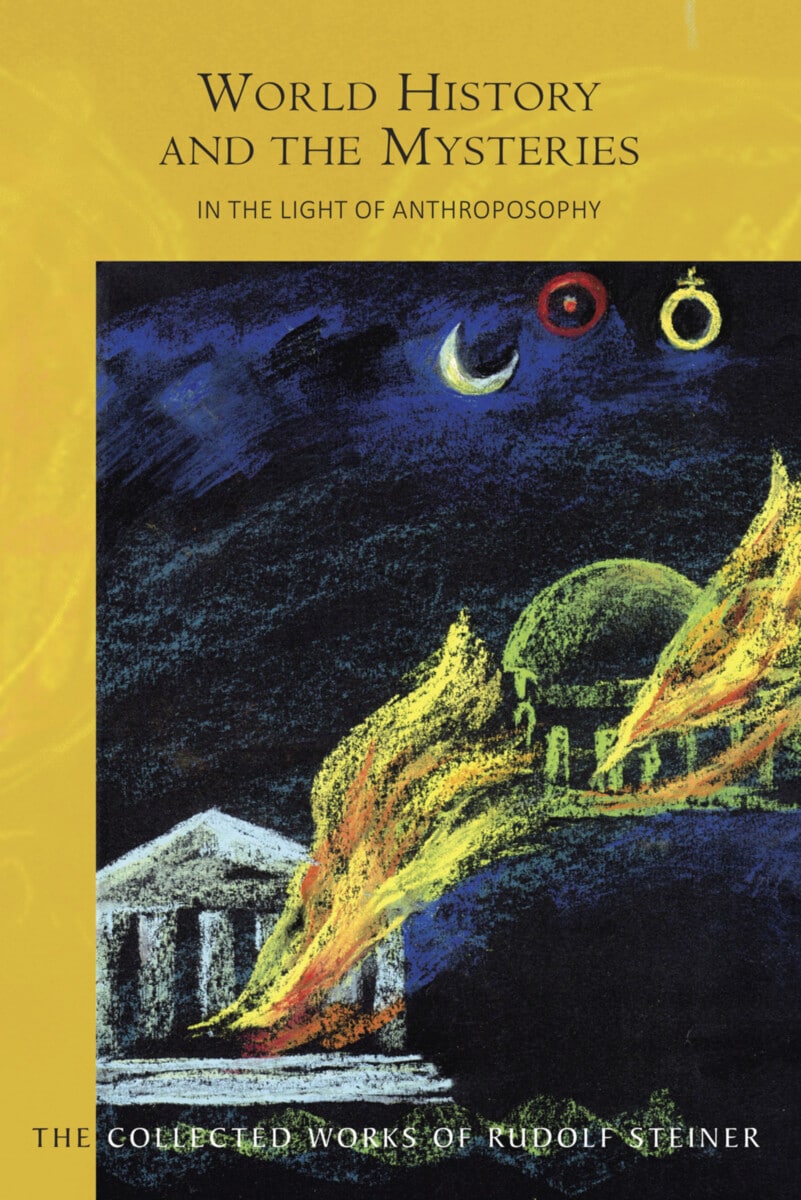
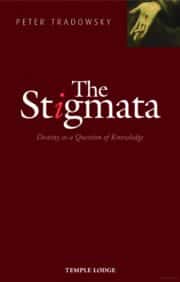
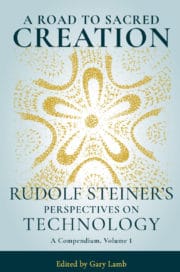



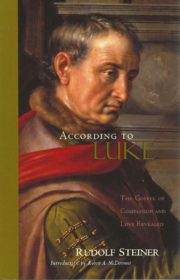
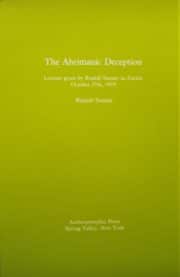
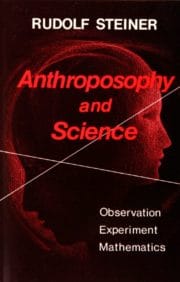
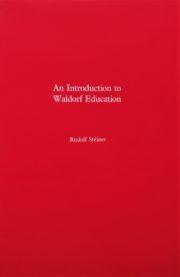

Reviews
There are no reviews yet